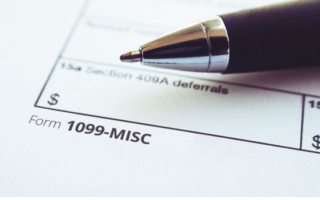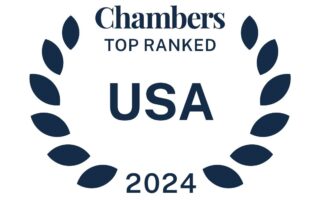Supreme Court Rules on “Diminished Value”
By Jacquelyn A. Chandler • Dec 1, 2003
On October 17, 2003, the Texas Supreme Court issued an opinion in American Manufacturers Mutual Insurance Company, et al v. Schaefer, No. 02-0295 (Tex. 2003) holding that insurers are not required to pay diminished value, in addition to the cost of adequate repairs, under Part D of the Texas Standard Personal Auto Policy. The Schaefer opinion resolves a previous split among the various Texas Courts of Appeals. See Carlton v. Trinity Universal Ins. Co., 32 S.W.3d 454 (Tex. App.-Houston [14th Dist.] 2000, pet. denied) (holding that diminished value is not payable under Part D); cf. Bailey v. Progressive County Mut. Ins. Co., 78 S.W.3d 708 (Tex. App.-Dallas 2002, pet. filed) (holding that diminished value is owed when repairing and/or replacing a vehicle); State & County Mut. Fire Ins. Co. v. Macias, 83 S.W.3d 304 (Tex. App.-Corpus Christi 2002, pet. filed) (holding same).
Schaefer’s vehicle was involved in an accident. It was inspected and the insurer elected to repair the vehicle. Schaefer did not dispute the quality or adequacy of the repairs, but argued that due to market perception that a damaged and repaired vehicle is worth less, that his vehicle had decreased in value by $2,600. Thereafter, Schaefer asserted a claim for the $2,600 in diminished value under Part D of his personal auto policy.
In reversing the Beaumont Court of Appeals, the Supreme Court applied the reasoning of the Carlton opinion (Roger Higgins from Thompson Coe represented the insurer in the Carlton case). The Texas Supreme Court reasoned in Schaefer that the plain, unambiguous language of the Limit of Liability provision stating that an insurer must pay “the lesser of” the (1) actual cash value of the stolen or damaged property; or (2) “amount necessary to repair or replace the property with like kind and quality” is unambiguous. It does not require an insurer to pay diminished value when the insurer elects to repair a vehicle and the vehicle has been fully and adequately repaired. See slip op. at 6-7. The Court first notes that the concept of “repair” with regard to a vehicle refers to “something tangible, like removing dents or fixing parts.” Id. at 6. The Court also noted that to hold that the language “repair or replace” included diminished value would render the language meaningless. Id. at 7. The Court noted that insurers are entitled to pay “the lesser of” the actual cash value or the amount necessary to repair or replace the vehicle. If the insurer is required to pay the cost to repair and replace and pay diminished value, it would in effect require the insurer to always pay the actual cash value in every instance regardless of whether the insurer elected to repair the vehicle or pay the actual cash value of the vehicle. Id. at 8.
The Court also rejected Schaefer’s argument that the phrase “of like kind and quality” obligates the insurer to pay diminished value because the word “quality” encompasses the concept of value. The Court reasoned that it must consider the ordinary meaning of the words that are modified. The words “repair or replace” connote something tangible, “like removing dents, fixing parts, or replacing the vehicle with a comparable substitute.” Id. at 9. Accordingly, the Court held that when an insurer elects to repair a vehicle and must replace parts, in doing so, it must use parts “of like kind and quality.”
The Court dismissed the notion that diminished value is payable because it is not excluded under the policy. Id. at 10. The Court held that the absence of an exclusion cannot confer coverage. Lastly, the Texas Supreme Court distinguished older case law where a tort concept of damages was erroneously applied. The Court also distinguished cases where the vehicle involved was not adequately repaired or where the insurer erroneously elected to repair a vehicle rather than declare it a total loss.
The Schaefer opinion is important because it allows insurers to adjust claims uniformly under Part D of the Texas Standard Personal Auto Policy. The opinion is also consistent with the Texas Department of Insurance’s position. See Tex. Dept. of Ins. Commissioner’s Bulletin, No. B-0027-00 (Apr. 6, 2002) (“an insurer is not obligated to pay a first party claimant for diminished value when an automobile is completely repaired to its pre-damage condition”).





